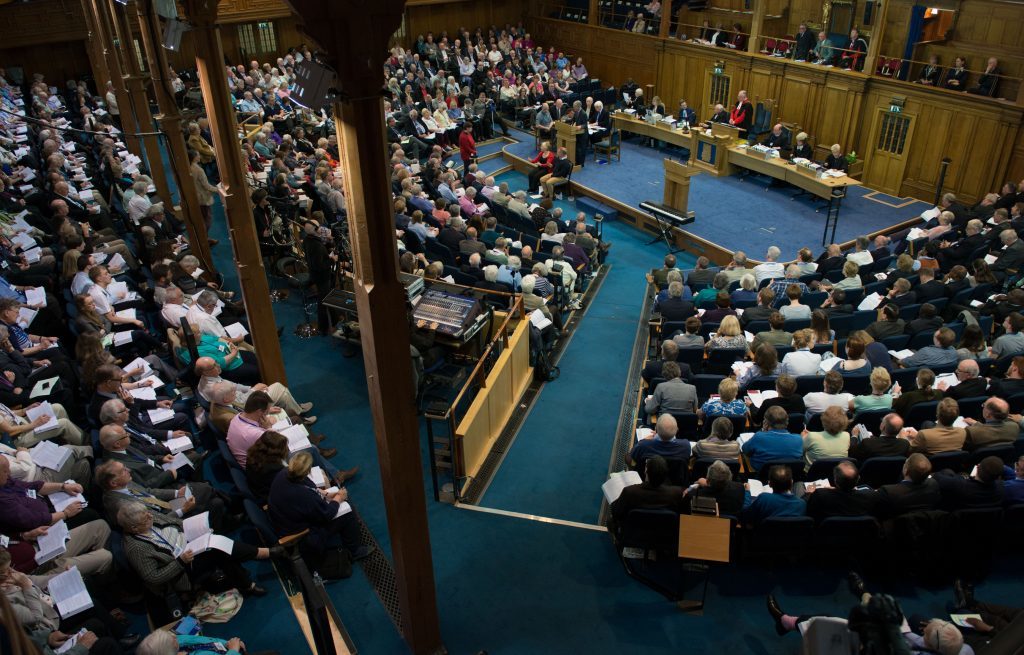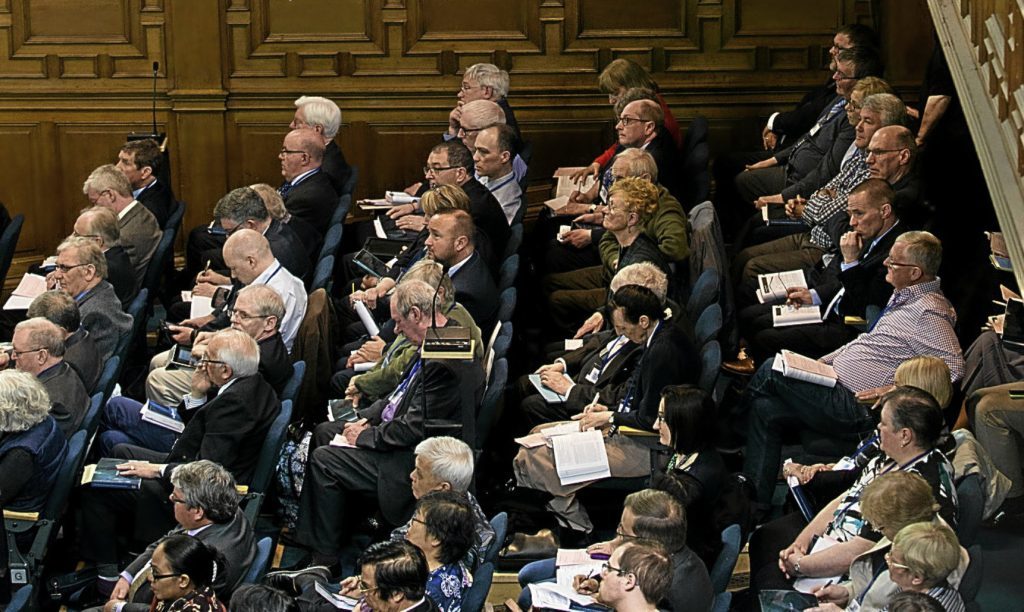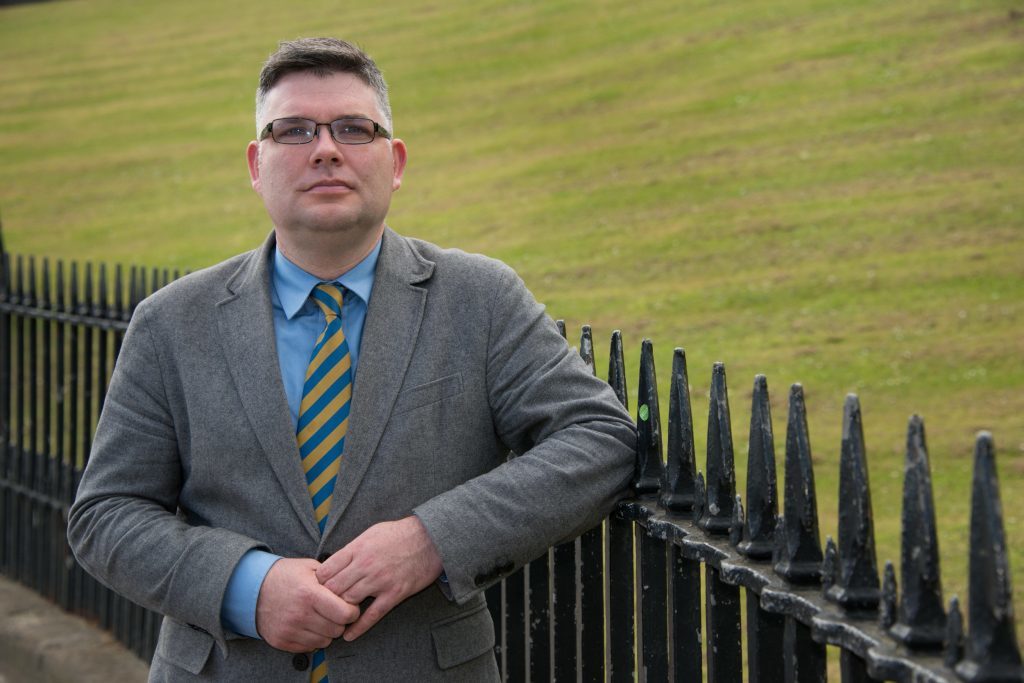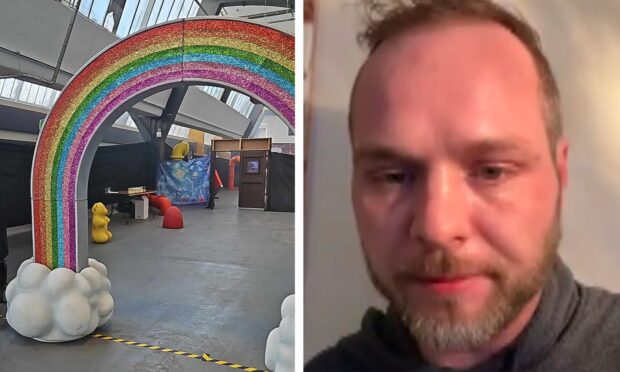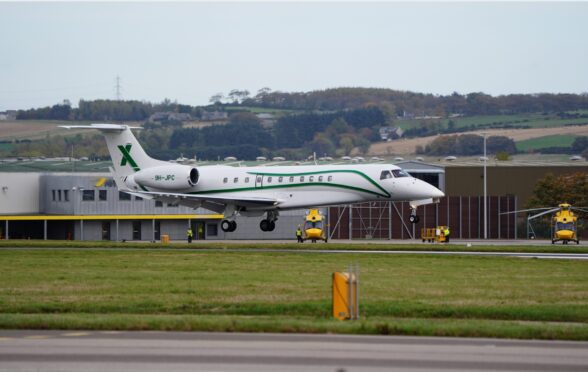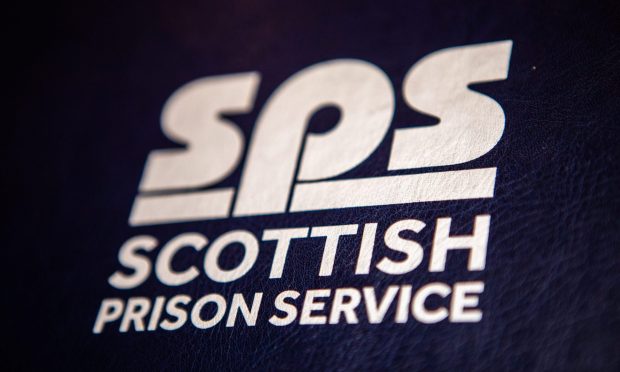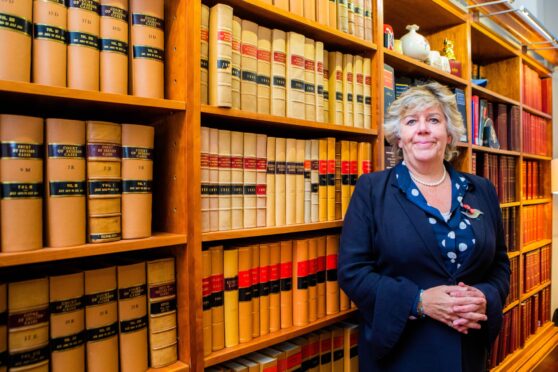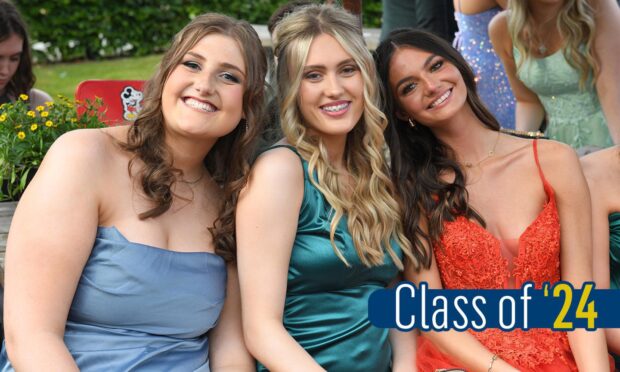It’s a proclamation that might have seemed as good as impossible a decade ago – ‘Gay marriages may soon be able to take place in the Church of Scotland.’
Yet a report to be debated at the Kirk’s General Assembly next month proposes that a church committee should research the legal implications of allowing nominated ministers the right to carry out same-sex ceremonies.
The report by the Theological Forum of the Church of Scotland also suggests that the Kirk should “take stock of its history of discrimination” and should “apologise individually and corporately” for failing to recognise the Christian vocation of gay people.
However, it also wants to retain the ability for “contentious refusal” from those ministers opposed to same-sex marriage.
A spokesman for the Church of Scotland confirmed that the General Assembly is being asked to consider referring the matter to the legal questions committee which will look at how potential new church law fits with civil law.
The spokesman said: “The committee would present a report to the General Assembly of 2018 when the matter would be discussed again. Of course the General Assembly of 2017 could vote against this. We shall have to wait and see.
“But on the basis the General Assembly 2017 approves the proposal, no final decision will be taken until 2018 at the earliest.”
The Kirk report on human sexuality has been welcomed by Rev Scott Rennie, the gay former minister of Brechin Cathedral, whose appointment to an Aberdeen parish in 2008 caused controversy.
Rev Rennie said the report was far-reaching, thorough, and impressive.
He said: “The request that the Kirk recognise its damaging failure through the years to value, encourage, and support gay people in its pews – and to do better in the future – is one of the most positive and hopeful things I have read in a report to the General Assembly in many years.
“It recognises, at last, the diversity of people that make up the Church of Scotland, and Scotland at large.
“It says in its own theological language: you are valued; you are part of us; and we have to do better at including you – and being just in our treatment of you.”
Regret
Former Broughty Ferry minister, the Rev John Cameron of St Andrews, said: “I totally agree with the theological forum’s call for the Church of Scotland to apologise for its discrimination against gay people – my only regret is that it didn’t make it years ago.
“The forum is also right to say there are insufficient theological grounds to deny individual ministers the authority to preside at same-sex marriages.
“I was a parish minister in Broughty Ferry for 35 years and if any of the gay couples in my congregation had asked me to marry them I would have agreed.
“It would have been great to be hauled to the bar of the General Assembly on a heresy charge and argue the theological case with the Kirk’s homophobic fundamentalists.”
Arguments
The report reflects a range of theological thinking on the issue of same-sex relationships.
It acknowledges the traditionalist view that Biblical writers condemned same-sex acts, making the only appropriate response for the Church was to proclaim they are contrary to God’s intentions for humanity – meaning gay marriages should be prohibited.
But it also examines the revisionist arguments. It says: “Scriptural condemnations of same-sex sexual activity were framed in cultural contexts very different from our own and referred to individual acts rather than committed and faithful people willing to enshrine their relationships in vows before God.”
Tim Hopkins, of the Equality Network, said: “We welcome the news of the Theological Forum’s report, which seems to positively recognise the diversity of the Kirk’s membership. We think that the idea of allowing ministers who wish to, to conduct same-sex marriages, while allowing those who disagree to decline to do so, would be welcomed by many in the Kirk.
“We hope that the future debate will be conducted in a way that recognises that the Kirk has many LGBT members, and fully values them alongside other members.”
Gay marriage became legal in Scotland in 2014 but the Church of Scotland has protection under the equalities legislation and the research by the legal questions committee will aim to ensure officials who refuse to carry out the services cannot be prosecuted.
The Roman Catholic Church opposes same-sex marriage, while Scottish Episcopalians have moved to allow gay weddings – putting them at odds with the Church of England.
